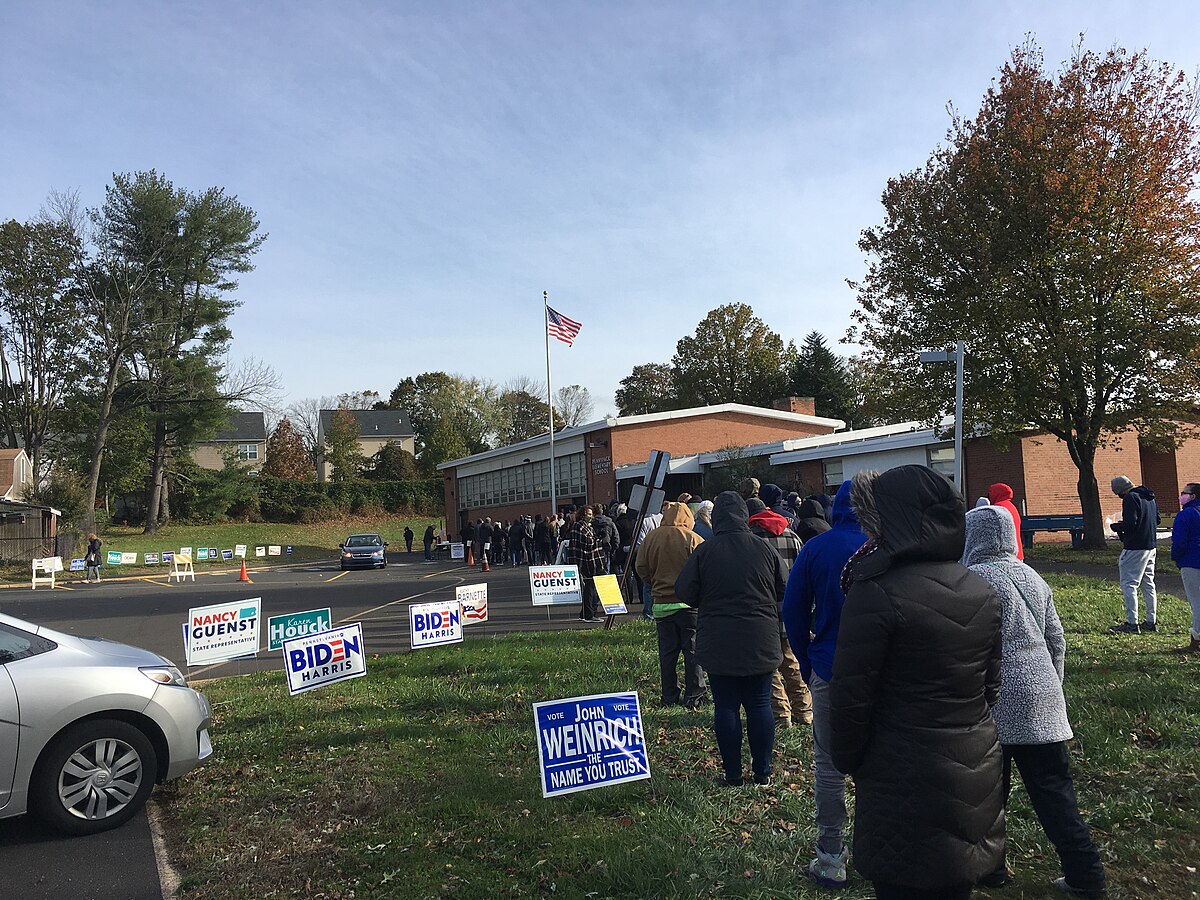- 14 3402-5578
- Rua Hygino Muzy Filho, 737, MARÍLIA - SP
- contato@latinoobservatory.org
 Dough4872
Dough4872
Often ignored in national politics, the growing Latino population of the state of Pennsylvania is currently highlighted for its potential role in the presidential election between Kamala Harris and Donald Trump. Rafael Collazo, executive director of the UnidosUS Action Fund and Action PAC, points out that Latinos are gaining electoral relevance, especially in a state considered decisive, and that this community can be decisive in the election, according to NPR News. With about 580 thousand Latino voters eligible to vote, this group represents a significant number, considering that Joe Biden's margin of victory in 2020 was much smaller.
NPR points out that the majority of Latinos in Pennsylvania are of Puerto Rican origin, traditionally favorable to Democrats. However, other Latino communities, such as Dominicans, show more openness to the Republican Party, especially men, who are attracted to Trump's speech, especially for economic reasons.
The article also explores the gender divide, where Latina women are more likely to vote for Harris, while men show greater inclination toward Trump. This is exemplified by figures such as Angel Alvarez and David Rodriguez, who have traded support for the Democrats for Trump, attracted by his economic policy.
The narrative also addresses the disillusionment of some Latino voters, such as Edward Bonilla, who is undecided after Trump's disparaging comments about Haitians. At the same time, women like Sonia Concepcion and leaders like Councilwoman Quetcy Lozada see in Harris a representation of advancement and growth, especially on issues of women's health and rights.
The publication concludes by pointing to the need for
greater investment in mobilizing the Latino population, especially in areas
such as the "Latin Corridor", which includes cities such as Reading
and Allentown. While there is some effort from both Democratic and Republican
campaigns, local leaders like Collazo and Mike Toledo stress that more
community involvement is needed to engage these voters and ensure their turnout
at the polls.











